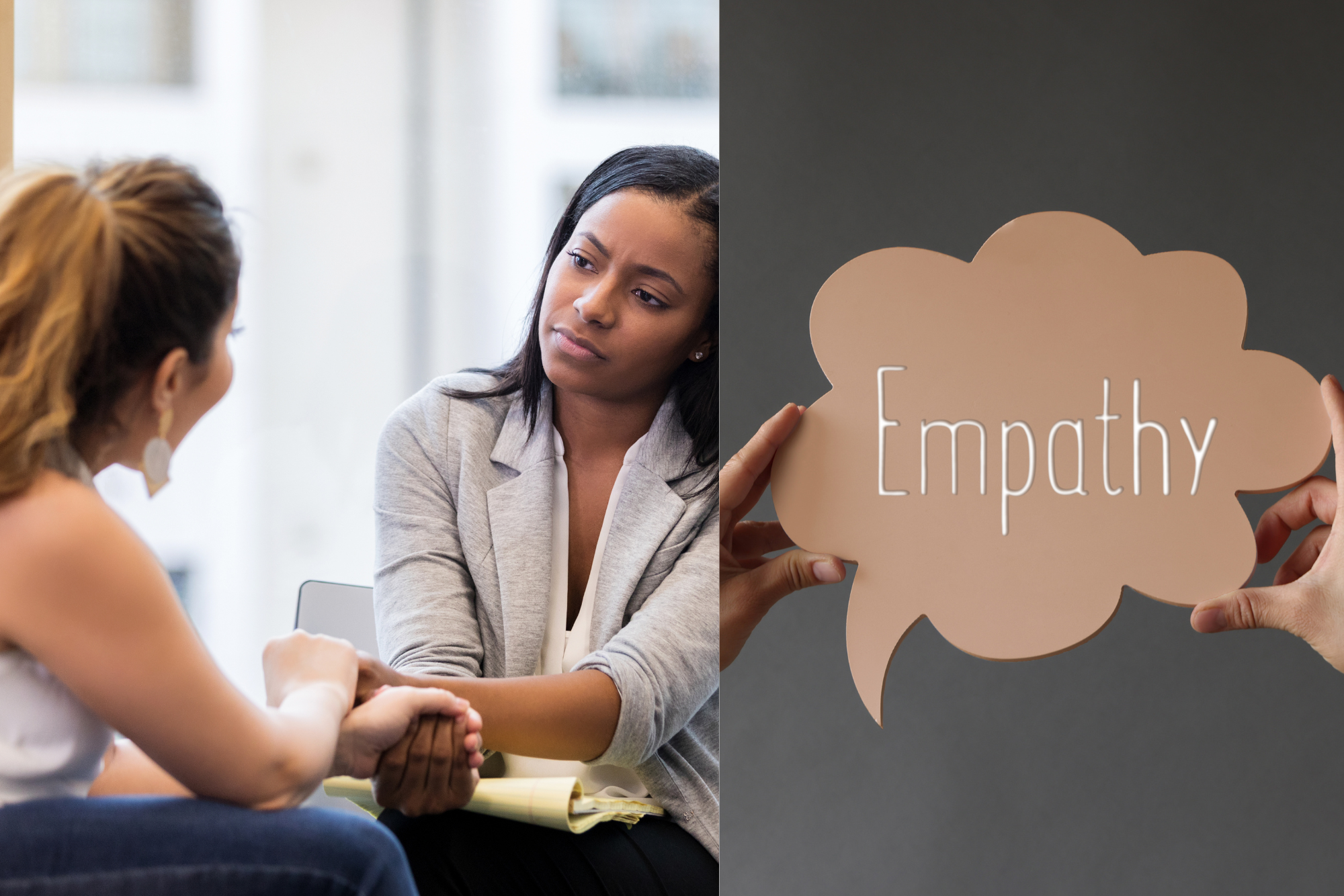The year has already gotten off to a productive start here at IDLM. Both the Business 101 workshop and the Birthday Bash have been great opportunities to get together and learn, finding and sharing new ideas for how to run a successful doula practice. One of the topics that comes up most frequently when we all get together is how to connect with clients. It’s a subject well worth discussing, since it might be the most important part of a doula’s job!
As doulas, we do our best to approach each client as much as possible with a certain amount of empathy. If you are a person called to doula work, empathy probably comes naturally. We all want to do our best to understand what our clients are going through, and imagine how they must be feeling, in order to figure out the best way to provide them with the support they need.
But the truth is, like most of this work, there is no perfect “one size fits all” answer. How could there be? Every person’s situation is going to be different. Their personality, their struggles, the way they relate to other people and the way they prefer other people relate to them—these are all going to vary from client to client. Without question, some of them are going to be more challenging than others.
We can never truly know what another person is feeling. While empathy is a good quality, and one we hope to cultivate in ourselves and find in our friends… it may not actually be the most helpful way to approach people. David Kessler uses the example of how you might help a sleeping person having a nightmare. Would you lie down next to them and try to fall asleep, so you could join them in their nightmare and share the experience? Of course not. You would be far more likely to gently wake the person, comfort them, and reassure them they were safe. By doing this, you would not be displaying the quality of empathy, but of compassion.
Compassion is something you can feel for anyone. It doesn’t matter if you have suffered the same type of tragedy as they have, or if you come from a similar background, or even if you speak the same language. It doesn’t matter if you’ve known them for years, or if you’re seeing them for the first time. Compassion doesn’t ask questions, it sees someone hurting and it gets to work helping them heal.
Empathy says, “You are hurting, and I am hurting with you.”
Compassion says, “I am not hurting the way you are, so let me take care of the things that are too much for you right now.”
Empathy says, “I know exactly how you feel.”
Compassion says, “I don’t know how you feel, but I want to help you feel better.”
People turn to doulas during difficult times because they need someone to lean on. Don’t feel like the only way you can help is by diving down into grief alongside them. Instead, be the shoulder they can lean on, and the light that helps them find their way out of the darkness. Let their grief belong to them; your job is to make sure they don’t get overwhelmed by it.
It is extremely unlikely that you will be able to really, honestly empathize with every client you serve. But you can have compassion for each of them, and that is what they will need from you the most.






